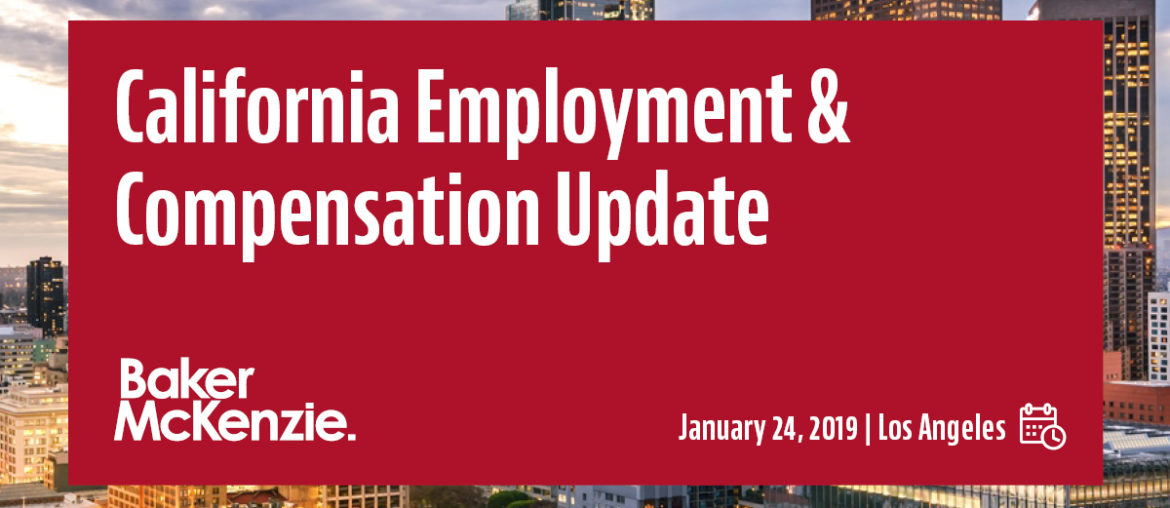
As employment lawyers based in California are well aware that post-employment non-compete agreements are generally void as a matter of law in this state. Further, there is precedent for awarding punitive damages and disgorgement of profits where employers have knowingly required employees to enter into invalid agreements. Also, the DOL has actively pursued California-based companies engaging in anti-competitive practices when it comes to talent.
Against that backdrop, however, employers need not “throw in the towel” completely when it comes to post-termination restrictive covenants as there are a few narrow scenarios that allow for enforceable post-termination non-competes in California in the right circumstances, and a potential new take on an old strategy to consider.






